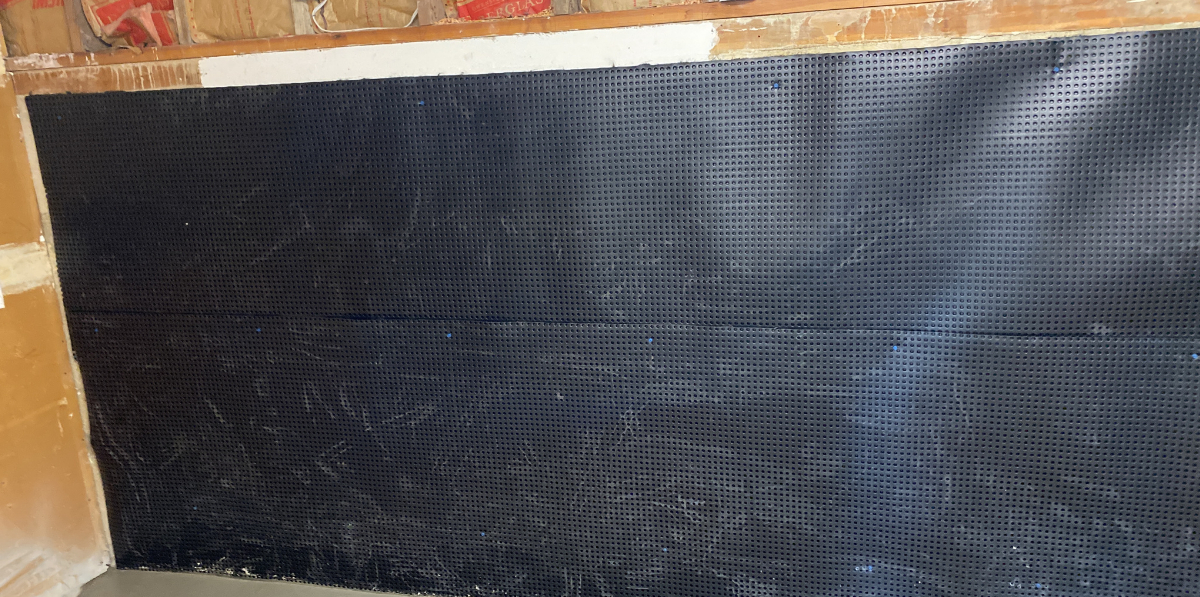The Signs of a Leaky Water Heater
How to Identify a Leaking Water Heater
Puddles or stains at the base of your water heater are strong indicators of a leak.
If you notice any of these signs, it's likely there’s a leak in your water heater that needs immediate attention, as even minor leaks can cause significant damage over time.
Consequences of a Leaky Water Heater
Health Risks from a Leaky Water Heater
The effects of a leaky water heater extend beyond property damage; they can also impact your health:
A severely damaged water heater may leak carbon monoxide in addition to water. If your water heater is damaged, contact a professional for inspections to ensure safety.
If you suspect a leak in your water heater, it’s crucial to act quickly to mitigate damage and protect your home and health.
What Causes a Leaky Water Heater?
Like any machinery, water heaters experience wear and tear as they age. This is one of the most frequent causes of leaks and breakdowns. Given that your water heater operates continuously, it is one of the hardest-working appliances in your home!
If you suspect your water heater is leaking or damaged, there are steps you can take to minimize potential damage while waiting for a plumbing professional to arrive. First, turn off the water heater or shut off the main water supply. Ensure that no electrical outlets or devices are near the standing water. Next, remove as much standing water as possible and contact a professional. Provide them with all relevant information about the situation and wait for their arrival. While it may be frustrating if they can't come immediately, it's crucial to allow a trained plumber to handle such issues for your safety.

